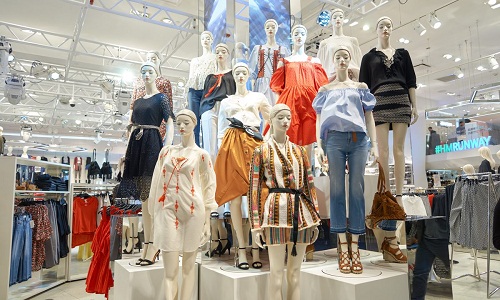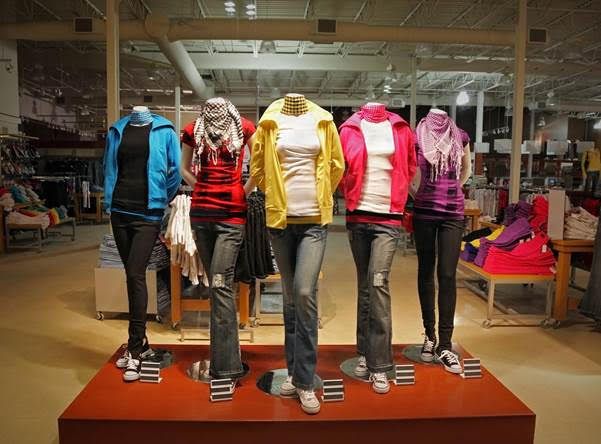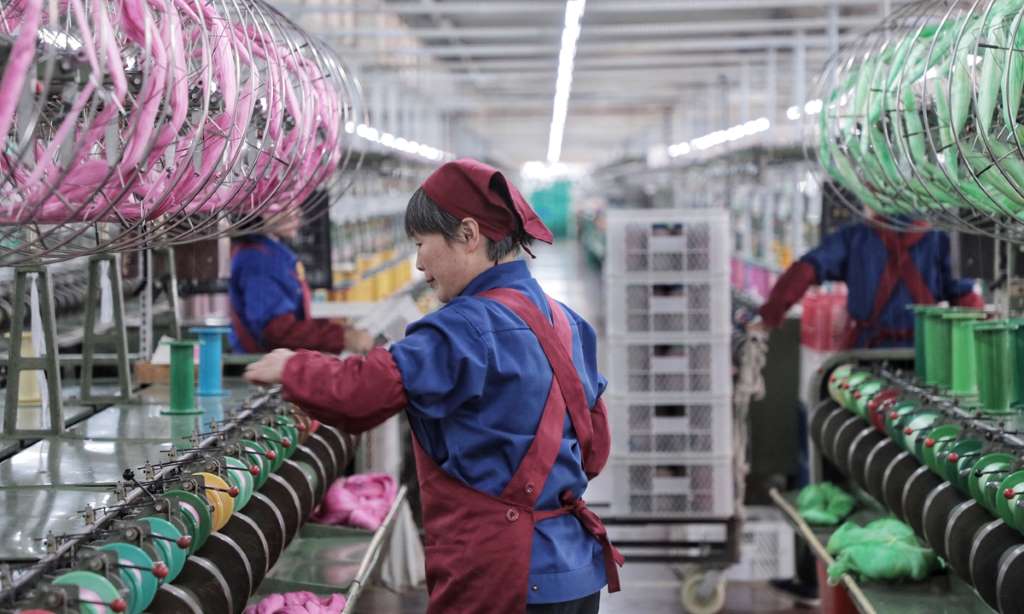 Once a booming sector, the fast fashion industry is losing favor due to rising environmental consciousness amongst consumers and a growing preference for secondhand apparels. The industry is facing delivery delays due to the complex supply chains, adding to the woes of the retailers. British online retailer Asos reported a 12 percentage points decline in profit margins this year though revenues grew by 20 per cent. It expects higher freight costs and increased investment in customer experiences to lower annual profit by over 49 per cent.
Once a booming sector, the fast fashion industry is losing favor due to rising environmental consciousness amongst consumers and a growing preference for secondhand apparels. The industry is facing delivery delays due to the complex supply chains, adding to the woes of the retailers. British online retailer Asos reported a 12 percentage points decline in profit margins this year though revenues grew by 20 per cent. It expects higher freight costs and increased investment in customer experiences to lower annual profit by over 49 per cent.
Asos’ profits are also being impacted by doubling of transit times from Asia to the US, says Matt Friend, Chief Financial Officer. Besides, the company faces a deteriorating transit times in the European market. Other apparel brands in Vietnam are also facing factory closures, making it challenging for fast fashion retailers to sell out-of-season stock.
Secondhand apparel market to grow 11 times faster
Fast fashion also suffers from the growing number of environmentally-conscious consumers. A report by the National Retail Federation and IBM shows, almost 57 per cent of consumers plan to focus on the environmental impact of their shopping habits and change shopping habits accordingly. Around 77 per cent consumers urge brands to be sustainable and environmentally responsible.
almost 57 per cent of consumers plan to focus on the environmental impact of their shopping habits and change shopping habits accordingly. Around 77 per cent consumers urge brands to be sustainable and environmentally responsible.
Against this, fast fashion brands are often accused of overproduction and throwing used garments away. As per recent estimates, US dumps around 11 million tonnes of clothing every year.
This is encouraging more consumers to opt for secondhand apparels. A ThredUP report shows, the market for secondhand apparels is expected to grow 11 times faster than the broader retail clothing sector over the next five years and reach $77 billion by 2025. The resale market will be twice as big as fast fashion by 2030, says James Reinhart, CEO.
Ready to change
Best known for serving fast fashion across the world, Sweden-based H&M is bracing itself for the changing winds. Owner of around 70 per cent of secondhand shop Sellpy, the brand is also collaborating with Sellpy on a new warehouse in Poland, as well as distribution and quality control efforts for garments and handling orders.












